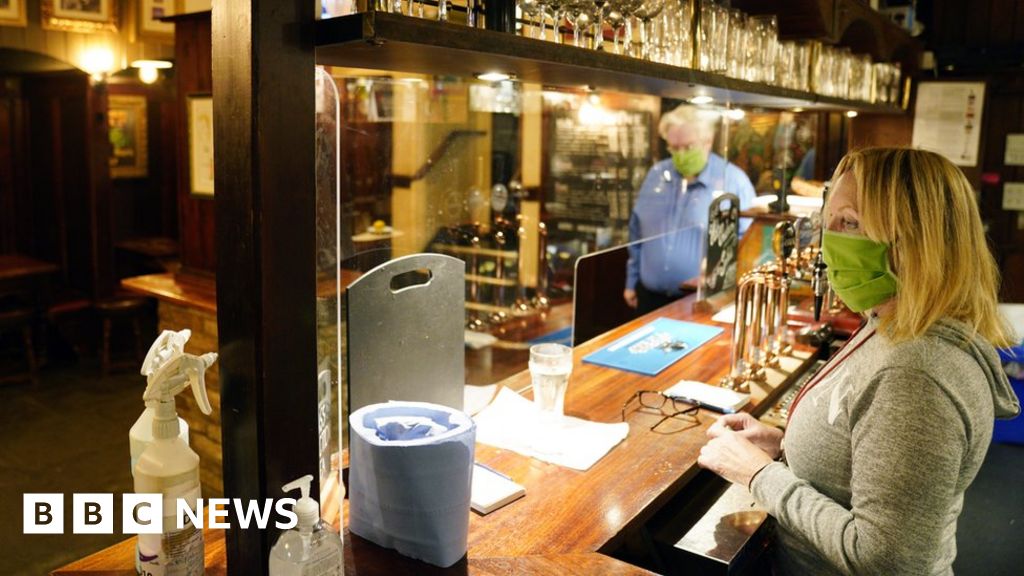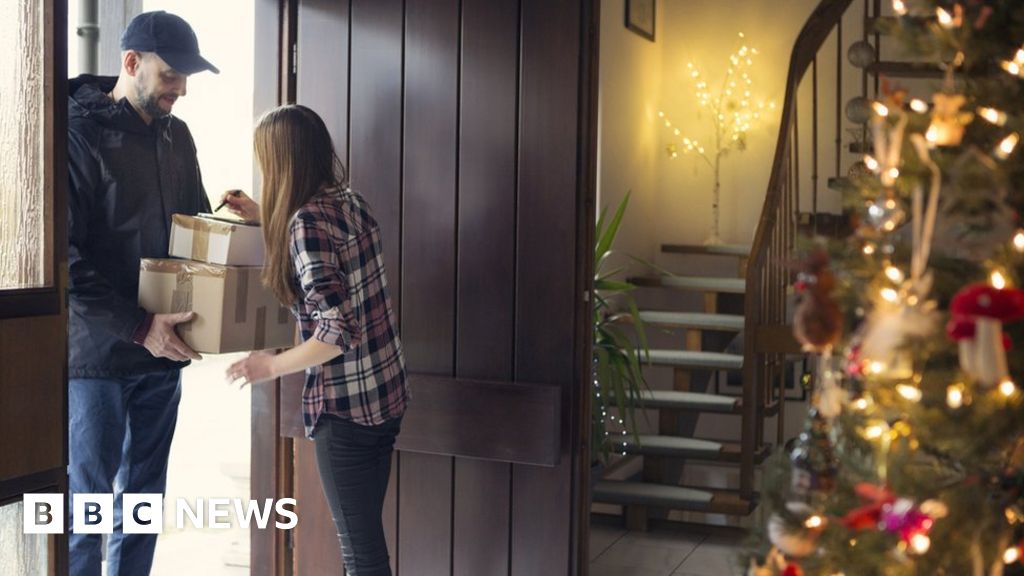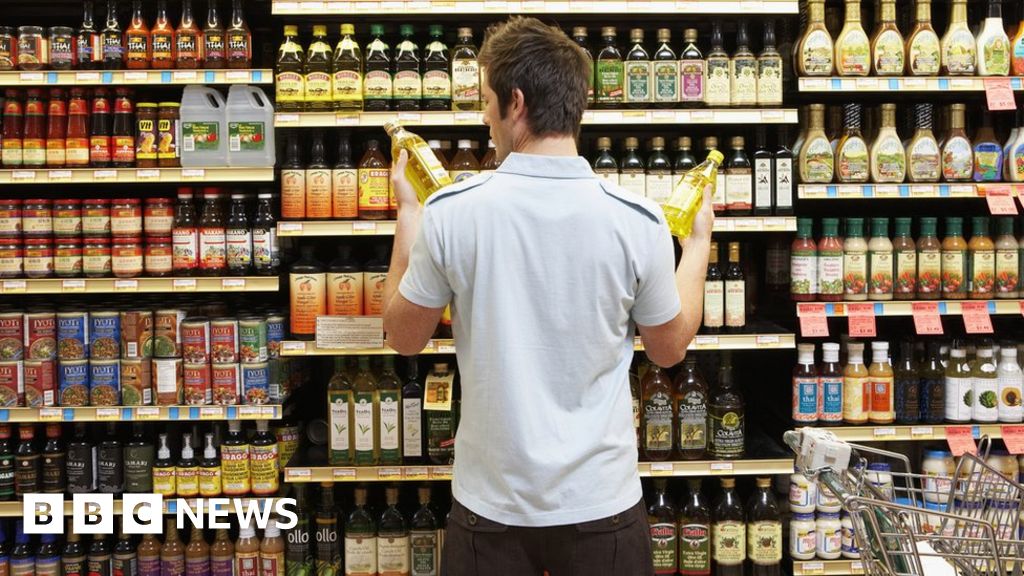 Image copyright
Getty Images
Image caption
Will Shu of Deliveroo was one of the signatories of the letter
Image copyright
Getty Images
Image caption
Will Shu of Deliveroo was one of the signatories of the letter
Major food firms have written to the UK government asking for "urgent support" as a moratorium on evictions looms.
Companies including Deliveroo, Burger King and Itsu called for measures including a targeted extension of the commercial evictions ban.
Revo, which represents landlords, said well-known firms were "getting away with not paying their rent".
The government said it was "working closely" with landlords and tenants to support both.
In April the government introduced a moratorium on evictions for non-payment of rent, which was then extended until 30 September.
In a letter to Prime Minister Boris Johnson, chief executives of these firms called for a targeted extension of the rent holiday for restaurants in city centres and for those in areas under lockdown.
"There is a critical risk that many restaurants will face eviction proceedings from 1 October," the signatories said.
The bosses, including Will Shu of Deliveroo, Alasdair Murdoch, the UK chief executive of Burger King, and Julian Metcalfe of Itsu, also said landlords should not be able to claim full back-rent when the moratorium ends.
Instead, rent arrears repayments should be spread across 12 months, they said.
"From our experiences of negotiations with landlords, around 30% have indicated their intention to evict, issue final demands for full payment, or otherwise indicated they will not support any restructure of Covid-19-incurred rent debt," the signatories said.
In addition, they asked for tax breaks for empty properties to be changed to discourage evictions.
'Huge challenges'
But Revo, an industry body for commercial landlords, said: "The blanket moratorium means strongly backed, well known High Street companies are getting away with not paying their rent."
Vivienne King, chief executive of Revo, said that "this is at the cost of vulnerable occupiers, since the revenue shortfall makes it that much harder for property owners to support those occupiers in genuine need."
She added that any extensions to rent holidays should not be funded by the private sector.
"The moratoria were meant to be short-term, emergency measures to protect businesses at a time when they could not trade. They too have served their purpose," she said.
Who should foot the rent bill during the pandemic is a Mexican stand-off between the businesses who are struggling and their landlords who've got bills to pay, including mortgage payments to their banks.
Will Shu - the founder and chief executive of Deliveroo, which delivers food from 35,000 UK restaurants - says the pandemic means restaurants and landlords are "in it together" and that "landlords understand that without these tenants it's a very different situation on the High Street".
But clearly not all do.
Rent negotiations are incredibly complex, especially for restaurant chains with multiple outlets and thus multiple landlords.
This is because landlords come in all shapes and sizes, from the big funds which use property to pay our pensions to individuals who rely on the rental income.
Landlords argue that without the stick of eviction, tenants have a free pass to not pay up, even when they can, and that changing the rules in this way undermines the UK's reputation as a safe place to invest.
As the next quarter's rent bill looms and the eviction ban expires at the end of this month, this debate is a ticking time bomb.
A government spokesperson said: "We recognise the huge challenges faced by commercial tenants and landlords during this period and we're working closely with them to ensure they are supported.
"We've taken unprecedented action to protect jobs and livelihoods, with a package of around £160bn of support, including loans, rates relief and grants for businesses."
Some landlords and commercial tenants have managed to come to agreements, and tenants should pay what they can under a government code of practice.
Government loans are available to landlords along with VAT and rates deferrals, the spokesperson added.

 5 years ago
1165
5 years ago
1165 

